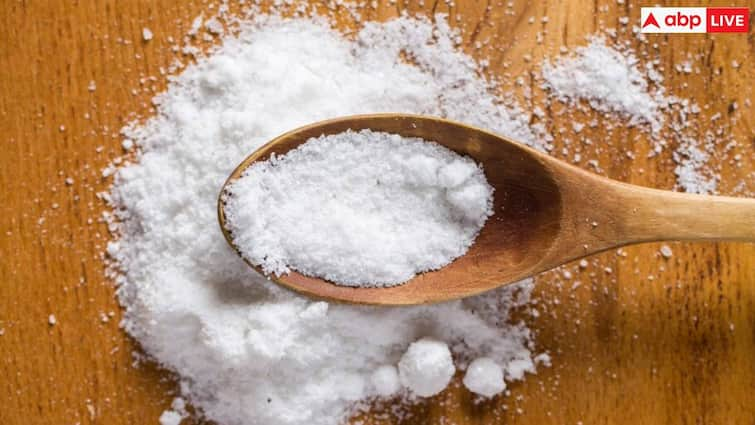People who add too much salt to their food to enhance its taste should know that eating too much salt is very dangerous for their health. Consuming too much salt increases the risk of heart failure and kidney failure. Excessive use of salt in food is becoming the root cause of many dangerous diseases across the world.
Even if you take salt according to your taste, excessive consumption of salt, knowingly or unknowingly, can surround you with many diseases. You may not believe that every year, thousands of people die prematurely due to excessive consumption of salt in their diet. Consuming too much salt increases the risk of heart failure and kidney failure. Apart from this, salt causes problems like weight gain and constipation in the body. Tell us why eating too much salt is so harmful.
According to Dr. Swati Singh, a nutritionist, weight loss coach, and keto dietitian, salt not only makes food taste better, but it also contains two essential minerals called sodium and fluoride, which are essential for our bodies. But having too much salt or sodium in food can also be dangerous. It increases the risk of many diseases in the long run.
What diseases are caused by excessive salt consumption?
Excessive salt intake increases the amount of sodium in the body. There is a tendency to accumulate excess sodium in our body, which increases the amount of water in the body. In such a situation, the problem of swelling and bloating begins. This is called edema. Due to edema, swelling begins to appear in the feet. Apart from this, eating too much salt increases the risk of high blood pressure. Excessive salt intake causes accumulation of water in the body, which increases the blood volume. Such a situation gives rise to high blood pressure. Increased blood pressure increases the pressure on the heart and kidneys. Which increases the risk of heart and kidney diseases.
Eating too much salt can increase the risk of kidney stones.
Consuming too much salt also increases the risk of kidney stones. Excess salt increases the amount of calcium in the urine, and when it combines with uric acid, it forms crystals. When these crystals start to grow, kidney stones are formed. So limit the amount of salt in your food.
Also read: Even WHO warning has no effect, Indians are continuously consuming ‘white poison’
Calcium deficiency due to excessive salt consumption
Another danger of excessive salt intake is that there can be a deficiency of calcium in the body. When you eat more salt, you also drink more water. By drinking water, you have to go to the toilet again and again. Due to this, essential minerals are also flushed out of the body. In such a situation, there can be a deficiency of calcium in the body. Calcium is an important mineral that controls your heart rate. Apart from this, calcium is also necessary for thickening the blood and strengthening the bones.
Too much salt gives rise to these diseases
Excessive consumption of salt in food also causes many diseases like hair loss, kidney swelling, paralysis, anemia, obesity and anger. Consuming too much salt weakens bones and can break them. Therefore, salt should be taken in minimum quantity in food. According to WHO, a person should now eat less than 3 grams of salt per day.
Disclaimer: ABP News does not confirm the method, methods and claims mentioned in this article. Consider them as suggestions only. Before following any such treatment/medication/diet, please consult a doctor.
Also read: Summer Care: Use coconut oil this way in summer, you will get amazing benefits.
Discover the health tools below-
Calculate your body mass index (BMI)
